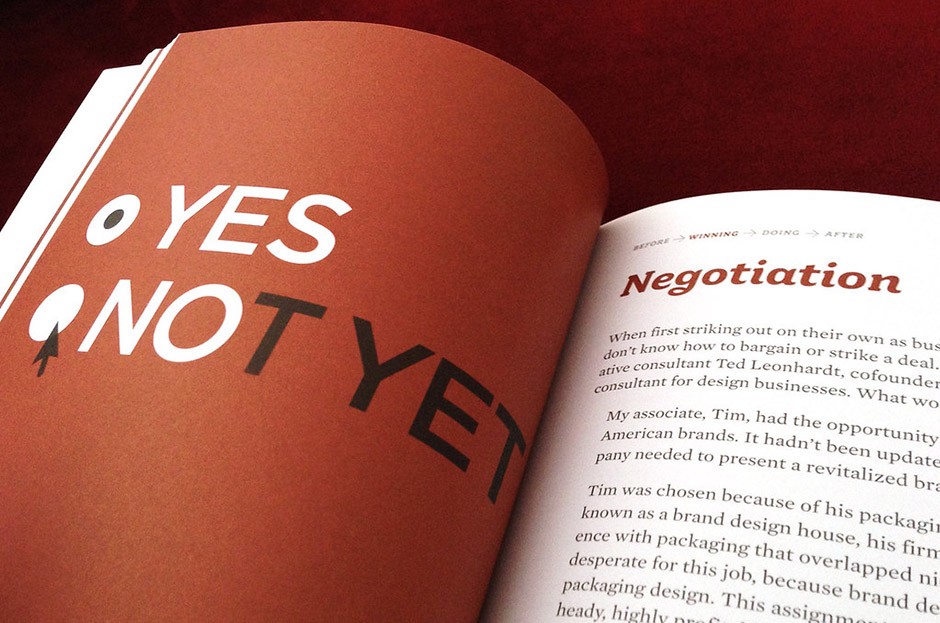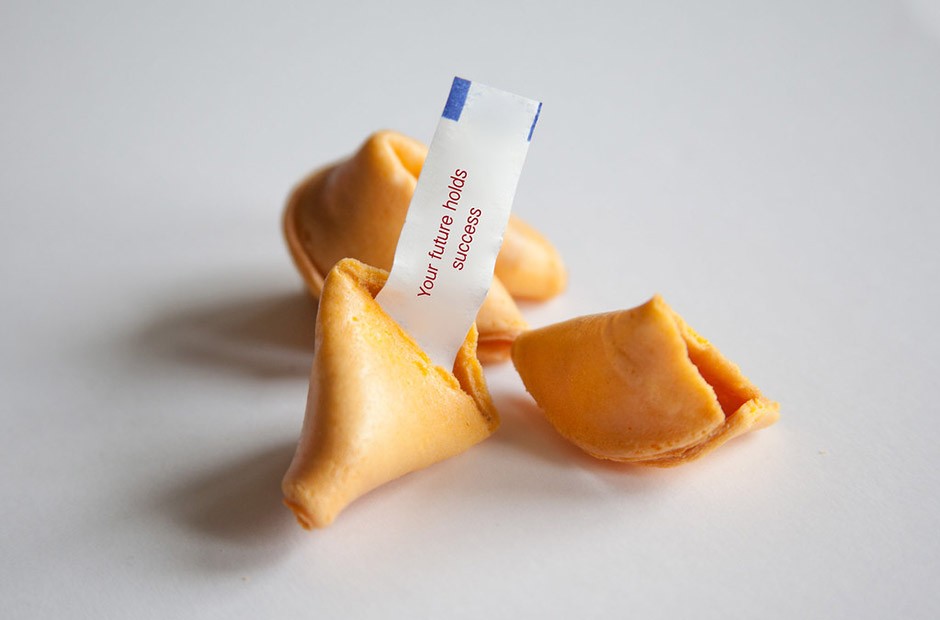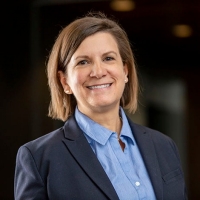Sylvie Ouellette is a doctoral candidate in Chemistry/Biochemistry. She received her Bachelor’s in Journalism from Concordia in 1995. In 2017, Sylvie obtained a BSc (Honors) in Cell and Molecular Biology and then joined the Pawelek lab. Sylvie investigates how bacteria scavenge essential iron from their surroundings. Her findings could pave the way for new classes of drugs to contribute to the fight against antibiotic resistance.

It’s a situation that materialises more often than people might suspect: Olympic gold winners who, after a short but successful career, announce their retirement, soon to be followed by a spiral down into oblivion. After the games are over, once the journalists are no longer hounding them, when the next new breed of athletes step up on the podium… There is no training to be scheduled, no more travelling to tournaments. But although many stick around to work as coaches or mentors, their glory days are behind them. And in many cases, they’re not even 30 yet! They reached for the gold (or silver, or bronze) or that famous world cup, and they got it. But after their status as world champion or record holder is now pinned to a new, rising star, what’s left for them to achieve…? No wonder this can lead to depression, even suicidal thoughts.
Another, similar effect is often seen in patients who after months (if not years) of treatment receive the good news that their cancer has vanished. The doctor will see them next year. It is an immense relief, the kind that had been expected from the day they received the dreaded news that included the C-word, when their whole universe collapsed. And after having fought so hard to beat this, they have succeeded. Now it’s time to get on with their lives. Go back to work. Pick up where they left off. ‘‘We now return to our regular programming…’’ And this is where they hit a snag. Sure, they are survivors and deserve all the empathy they can get, but now that their world no longer revolves around their disease, their schedule is cleared of any hospital appointments, check ups, renewals of prescription… too many find themselves at a loss for how to deal with exactly what they had been hoping for.
In both cases, what see here are people who are so focused for so long on a single point or goal in their lives that they unable to plan or project themselves into any future beyond it. ‘‘We’ll see when we get there’’ might sound like a cool philosophy to avoid the stress and anxiety of long-term planning, but it can also be a double-edged sword. Because eventually, we all get there. And now what?
What do YOU want to do for the next 40 years? (and hopefully even more!)

It is believed that most of us start to have big dreams for our professional futures when we get to be about 10 or 12 years old. We want to be astronauts, ballerinas, star of the NHL or the NBA, Prime Minister, surgeon… (insert your favorite glamour status here). But then we get real and choose to get a degree, pursue graduate studies. The latter part involves spending anywhere from four to ten years on our research. It consumes the major part of our days, even our weekends and holidays. During that time, life goes on around us but too often we do not realise the extent to which it is slipping away, so busy are we in our scholarly bubble. Some of our friends who integrated the job market a while back are now getting married, purchasing houses, having babies. And we think to ourselves that, yes, we’ll follow suit just as soon as we pocket that coveted PhD or postdoc. Because then we’ll have the opportunity to start a career for real. But what type of career, exactly? Well, we’ll see when we get there, right?

But inevitably, we get ‘‘there’’. After years and years devoted to collecting and analysing data, publishing papers, attending and presenting at conference, we finally hear the magic words: permission to write. And there again we dive deeper into our bubble, deadlines looming, setting a date for our defence. What will we do beyond that? Meh, we’ll think about it later. But why wait?
Start thinking about it from day 1
A former boss of mine would exclaim, every time we embarked on a new project: ‘‘Be prepared for success!’’ Many of us laughed it off as cheerful, wishful thinking. Yes, it might sound like throwing our wishes into the universe – hoping it would deliver – and channeling obscure forces to make things work our way. After all, this is the frame of mind in which we find ourselves when we get accepted to grad school. Or start training for the Olympic team. Or embark on a treatment for a life-changing, potentially deadly disease. We hope for the best. But do we really plan for it? And if we do, what is our endpoint? The day we collect a diploma, a medal, a clean bill of health?
Of course, obtaining a PhD or an Olympic title, or beating cancer, are laudable goals, but we also have to plan for what happens beyond that. This ‘‘beyond’’ may change by the time we get there, but it’s never too early to start thinking about it – let alone planning for it. Every plan requires implementation of a few, concrete steps. It is believed that if we can clearly foresee where we want to go and what we want to achieve, our brain will subconsciously train us to make every decision based on reaching that goal.
Accept all the help you are offered

Sure, career fairs and other similar networking events can help steer us along a certain path, but do we really have time to think about that, let alone attend? Or if we do, by not having a certain plan in mind and being too busy with research and writing, we merely scan what’s around thus, unsure and not yet feeling a sense of urgency. Even on campus, career planning services exist solely to help us define our goals for the long term, yet too few us take the time to pay them a visit. There will still be time for that later, right? And – again – when ‘‘later’’ comes, we find ourselves at a loss, stuck in what can turn out to be an interminable state of limbo between collecting our diploma and our first day on our real job. Because we still don’t know what we want this job to be, exactly (although we might very well know what we do NOT want it to be).
Yet, when used judiciously, these services can be invaluable. We all remember career counseling in high school, when we took quiz upon quiz to find out more about ourselves, our likes and our dislikes. But between high school and the last few semesters at university (especially once we reach the PhD or postdoc stage), how do we know whether what we figured out then still holds true today? Not only are we no longer teenagers, but in the intervening years we might have heard about new prospects that did not even exist at the time!
So remember to look beyond your endpoint. And start early. Because you will get ‘‘there’’ much sooner than you might think
About the author
